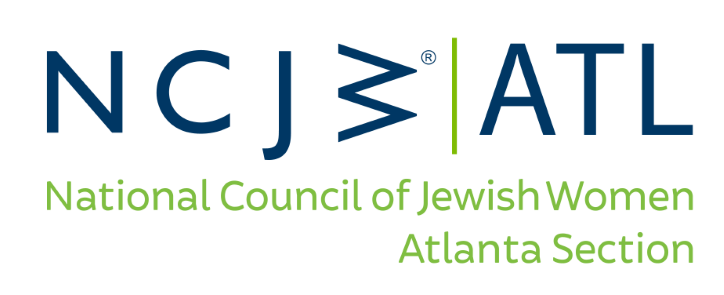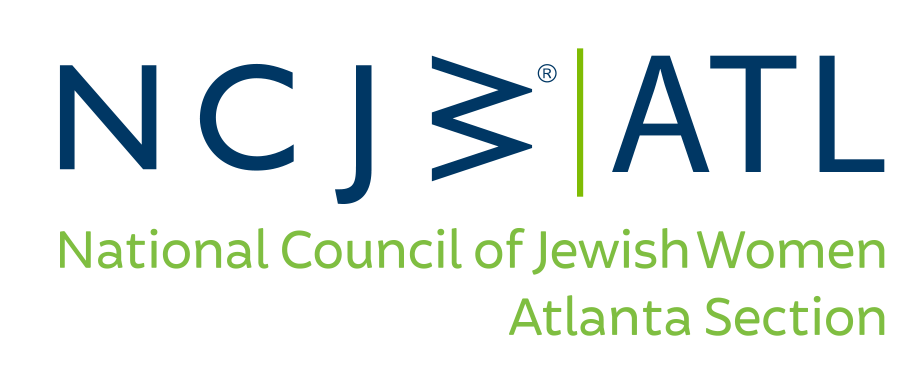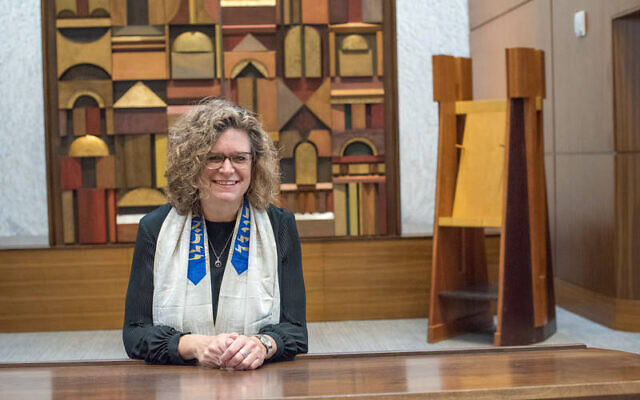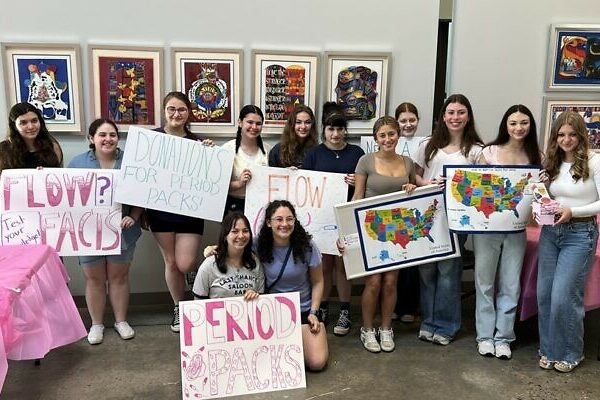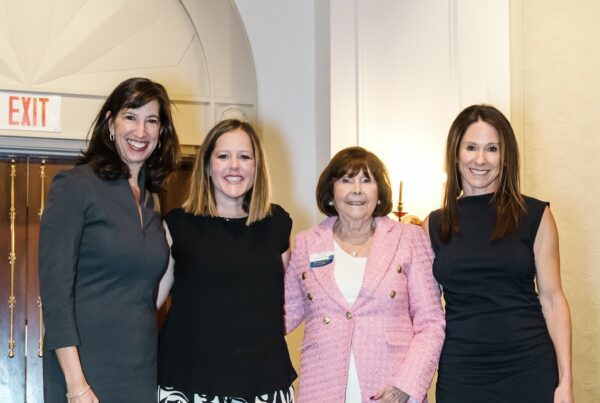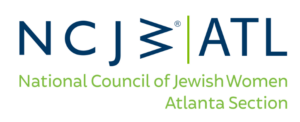Atlanta Clergy Support NCJW’s Repro Shabbat
Community leaders offered congregants a Jewish framework for reproductive justice as part of The National Council of Jewish Women’s Repro Shabbat.
By Jan Jaben-Eilon | Atlanta Jewish Times
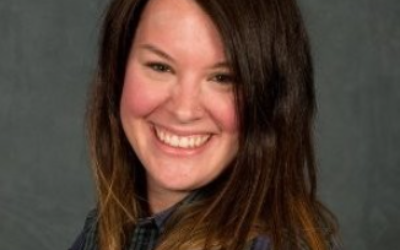
Shira M. Zemel, co-director of NCJW’s 73Forward Campaign, said the goal of Repro Shabbat was to provide a Jewish framework to encourage congregants to protect the 1973 Supreme Court ruling of Roe v. Wade.
It was appropriate that Parshat Mishpatim was chosen for the National Council of Jewish Women Inc.’s (NCJW) Repro Shabbat, a special event to highlight reproductive justice. Nearly 50 Atlanta clergy members joined 1,300 of their colleagues around the country in signing the Rabbis for Repro pledge — a commitment to educate their congregations about reproductive rights and Judaism, a subject on which many focused their sermons in late January.
The well-known “eye for an eye” clause comes from Exodus 21:22-25, in Mishpatim, which is Hebrew for “laws.” What is less well known, as several local rabbis pointed out, is that Judaism’s understanding of — even support for — abortion is based on this Torah portion: “When men fight and one of them pushes a pregnant woman and a miscarriage results, but no other damage ensues, the one responsible shall be fined according as the woman’s husband may exact from him, the payment to be based on reckoning [as the judges determine].”

According to The Temple’s Rabbi Lydia Medwin, “Georgia has the highest recorded maternal mortality rate in all the United States.
As Temple Sinai Cantor Beth Schafer explained to her congregation, “certain crimes should be met with certain punishments, some even punishable by death … but here the Torah tells us that the death of a fetus does not warrant the death of the attacker, it is not ‘eye for eye,’ or life for life. The rabbis conclude from this that the fetus was considered part of the woman’s body and that her physical health is what holds greater value and takes priority.
Congregation Or Hadash Rabbi Lauren Henderson referred to the same portion of Exodus in her sermon, saying that “already in the time of the Mishnah (circa 200 CE), the rabbis wrote that when a pregnant woman is experiencing difficult labor and her life is being threatened, as long as the baby’s head has not yet emerged from the mother’s body, the mother’s life and safety take precedence — and abortion was permitted.”
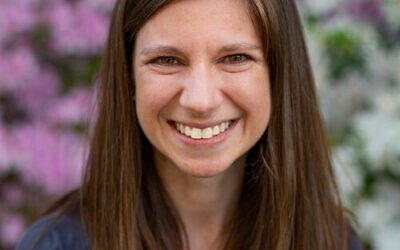
Congregation Or Hadash Rabbi Lauren Henderson said she had never before spoken about reproductive justice in her sermons.
According to Henderson, “great legal scholars like Rabbi Jacob Emden, a leading Orthodox rabbi in Germany in the mid-18th century, ruled that abortion is permitted ‘even if the mother’s life is not in jeopardy, but only so as to save her from woe associated with it that would cause her great pain…’ emotional, or psychological.”
Henderson acknowledged that, prior to Repro Shabbat, she had never spoken about reproductive justice. “We have a strong NCJW presence at Or Hadash,” she said, referring to the co-presidents of the Atlanta section, Sherry Frank and Stacey Hader Epstein. Henderson said that the focus on reproductive justice gave her a chance to delve into Judaism’s stances on abortion.
According to Shira M. Zemel, co-director of the NCJW’s 73Forward Campaign, that was indeed the idea behind Repro Shabbat. By encouraging clergy to sign the Rabbis for Repro pledge, she explained, they are saying, “I am a safe person. You can come to me without fear or judgement to talk about” the choice of getting an abortion. The goal of Repro Shabbat was to provide congregants with a Jewish framework that would encourage people to protect the 1973 Supreme Court ruling in Roe v. Wade, which granted access to abortion in certain cases across the United States.
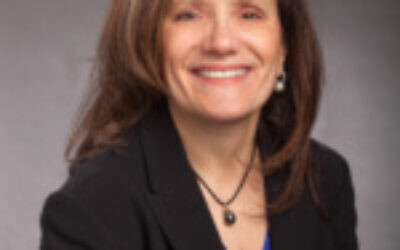
“We work for reproductive freedom because of our tradition, not in spite of it,” Dana Gershon, president of NCJW, told congregants of The Temple.
But, Zemel said, “Roe is the floor, not the ceiling” for access to abortion, noting that the U.S. Supreme Court is currently looking at state laws that weaken access to abortion. NCJW provided Jewish resources to clergy, including liturgy, text study and videos of people sharing their abortion experiences. “We’re building this up every year,” she said, of the number of clergy that sign on to the pledge. “The list spans all denominations.”
“Personally, I see Judaism as being supportive of women’s right to choose,” said The Temple’s Rabbi Lydia Medwin. According to Jewish law, she said, life begins at birth, and the “health and wellness of the mother is of utmost importance.” She noted that “Georgia has the highest recorded maternal mortality rate in all the United States.”
Dr. Mimi Zieman, an ob-gyn, has noted in interviews and in op-eds that “carrying a pregnancy to term has a risk of death that is nearly fortyfold greater than the risk associated with legal abortion.” She also pointed out that most major medical societies oppose anti-abortion laws
Dana Gershon, president of NCJW, joined The Temple’s Repro Shabbat via Zoom. She noted that, according to the organization NARAL Pro-Choice America, 96 percent of Georgia’s counties have no clinics providing abortion care. She emphasized that “the fetus and a person are not the same thing.” Jewish tradition, she said, views abortion as healthcare. “We work for reproductive freedom because of our tradition, not in spite of it.”
Schafer, who is an NCJW board member, pointed out that the new laws hindering access to abortion actually threaten religious freedom because they elevate some Christian beliefs about abortion over Jewish beliefs.
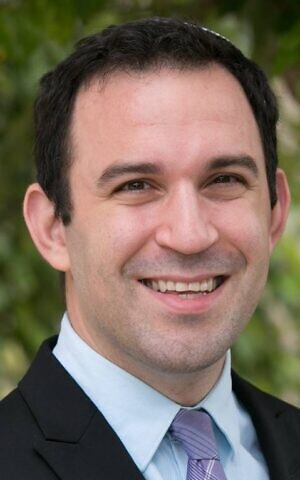
“As a male rabbi, I’m a little bit of an outsider,” admitted Rabbi Hillel Konigsburg, associate rabbi at Congregation B’nai Torah, “but I can raise my voice and awareness.”
But it was not just Atlanta’s female clergy who addressed reproductive justice during Repro Shabbat. “As a male rabbi, I’m a little bit of an outsider,” admitted Rabbi Hillel Konigsburg, associate rabbi at Congregation B’nai Torah, “but I can raise my voice and awareness.”
In his sermon, Konigsburg said, he delivered two messages: that “Jewish law sometimes permits and even requires abortion in relation to a mother’s health, both physical and emotional,” and that people shouldn’t judge the choices of others.
Konigsburg, who is the father of two young children, noted that a 2014 survey indicated that 83 percent of Jews would support a woman’s access to abortion. He commended NCJW’s Repro Shabbat for providing an opportunity to continue the conversation about reproductive justice.
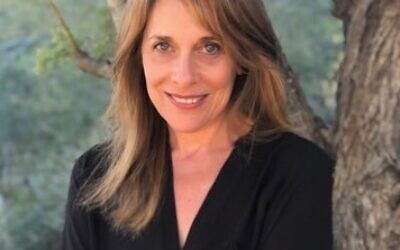
“Carrying a pregnancy to term has a risk of death that is nearly fortyfold greater than the risk associated with legal abortion,” noted Dr. Mimi Zieman, an ob-gyn.
Schafer reported that, after her sermon at Temple Sinai, she was approached by several women and men who told her that “this is their fight.” One, she said, was a retired ob-gyn.
“Judaism tells us to fight. I encouraged them to take action,” she said.
